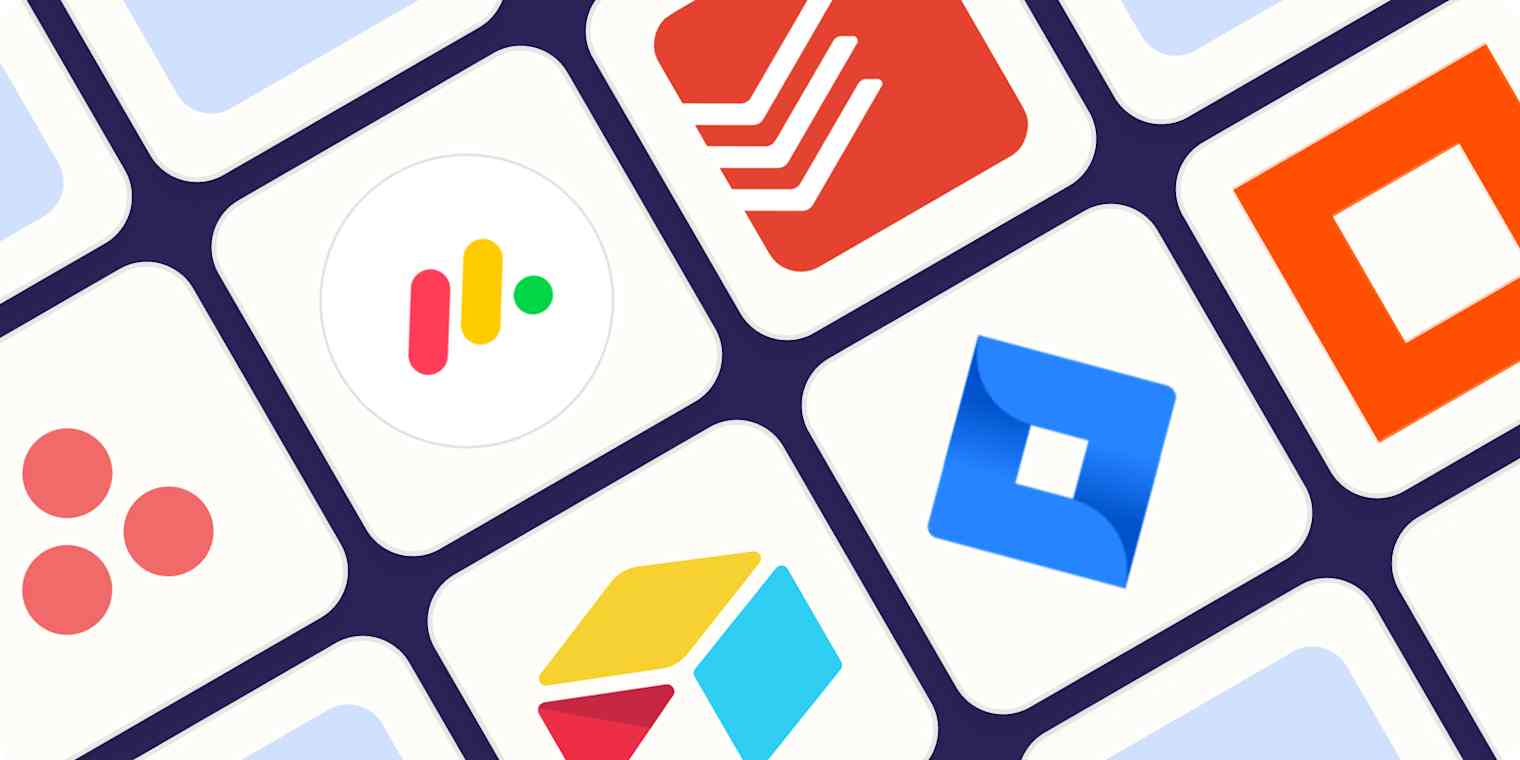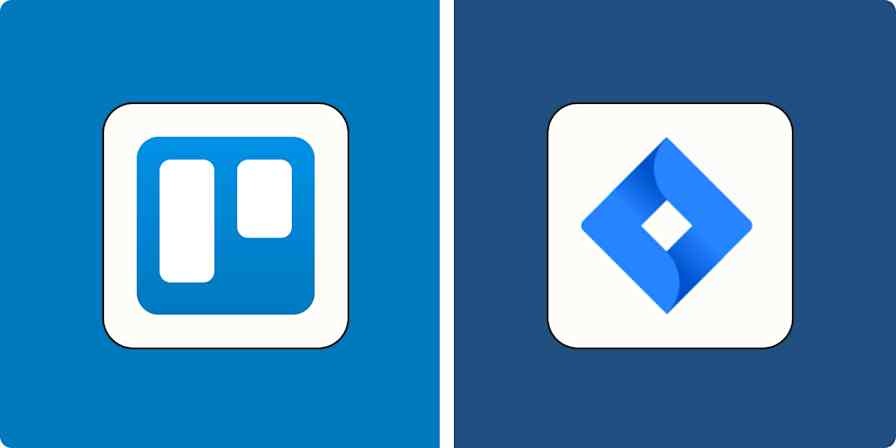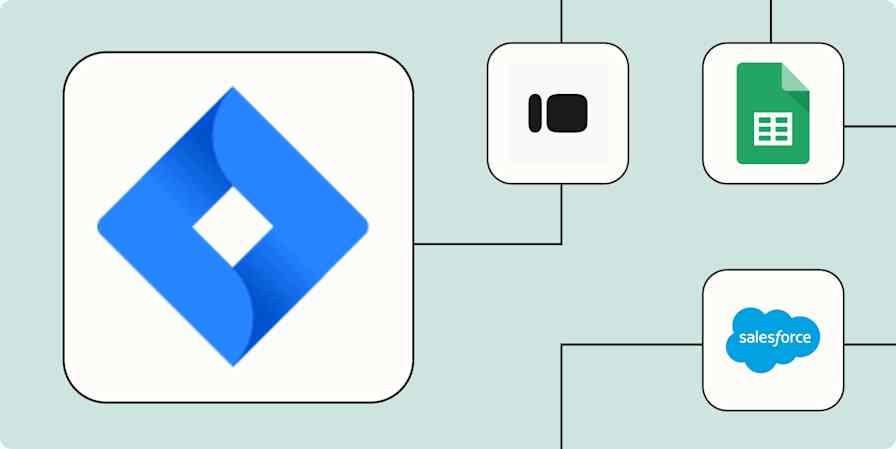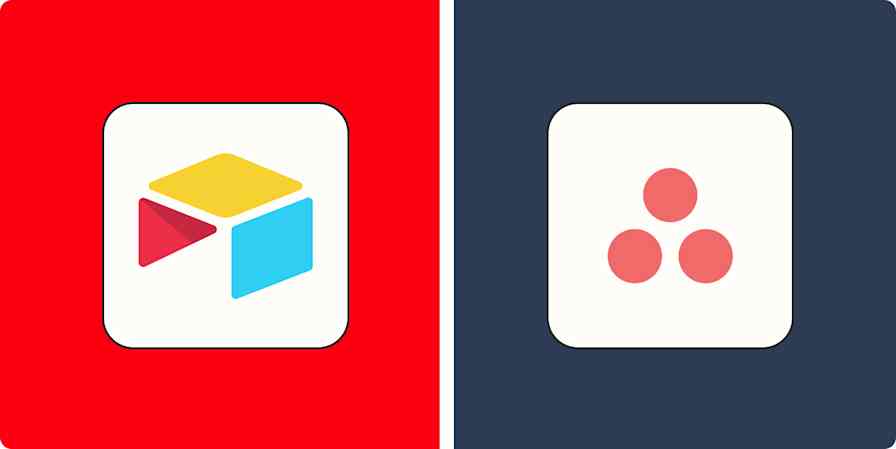Best apps
14 min readThe 8 best Trello alternatives
By Jessica Lau · September 16, 2024

Get productivity tips delivered straight to your inbox
We’ll email you 1-3 times per week—and never share your information.
Related articles
Improve your productivity automatically. Use Zapier to get your apps working together.









